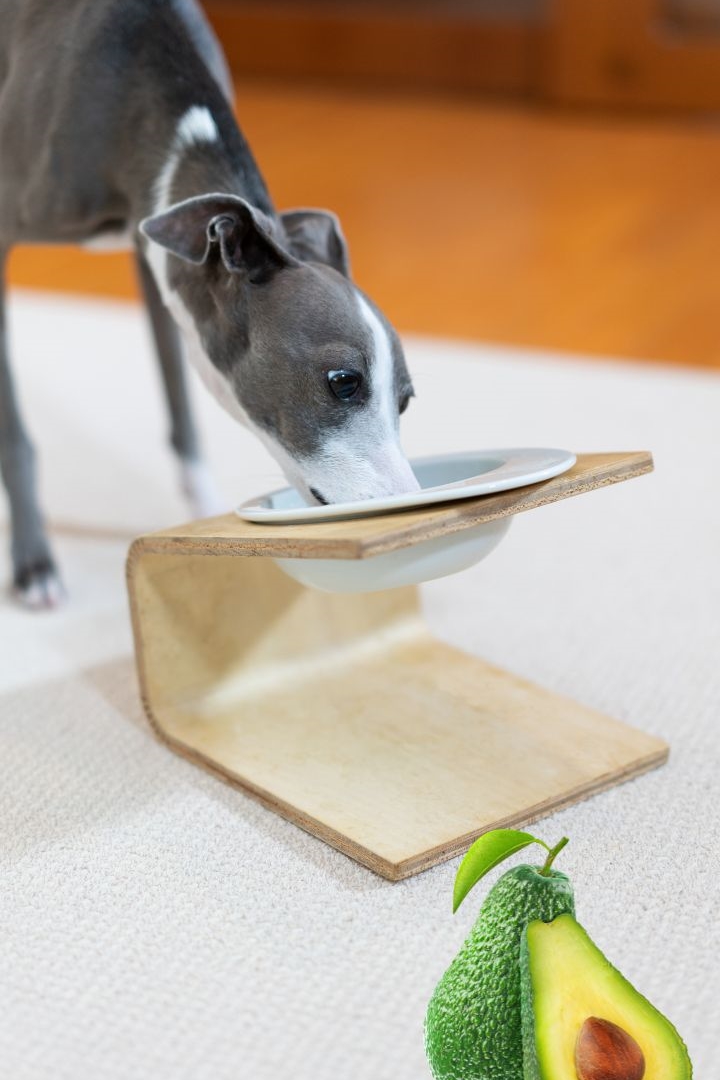
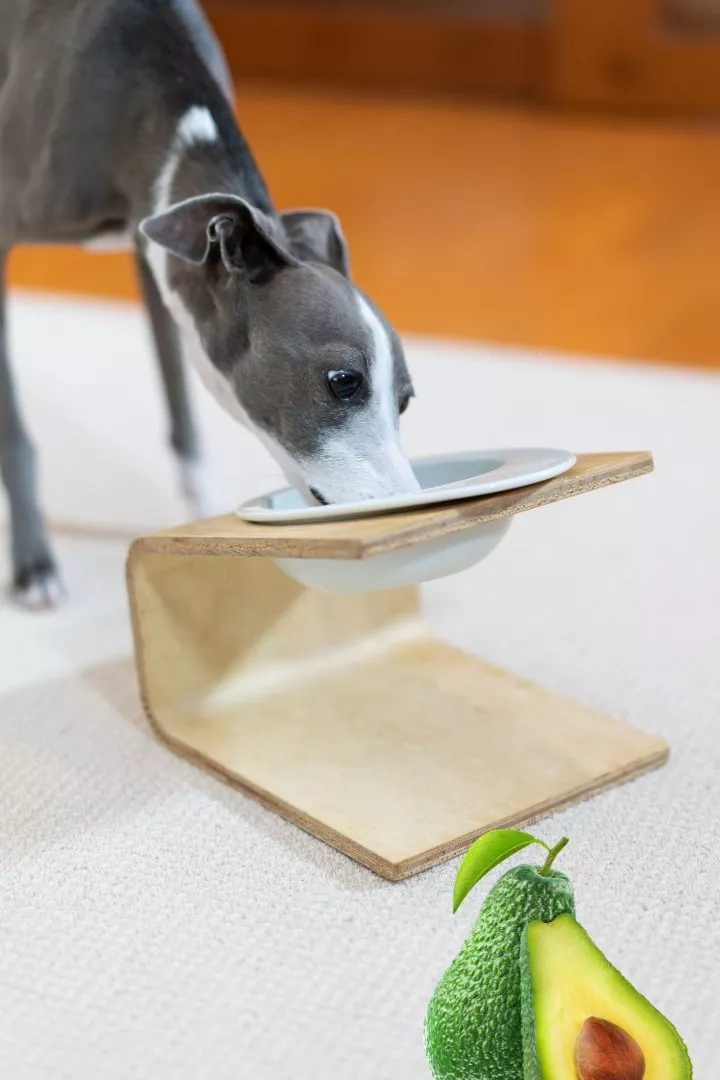
Can dogs eat avocado?
Curious if your furry friend can safely snack on avocado? While the creamy flesh might seem like a healthy treat, it's crucial to understand the potential risks and benefits. In this guide, we'll explore everything you need to know about feeding avocado to dogs, ensuring you can
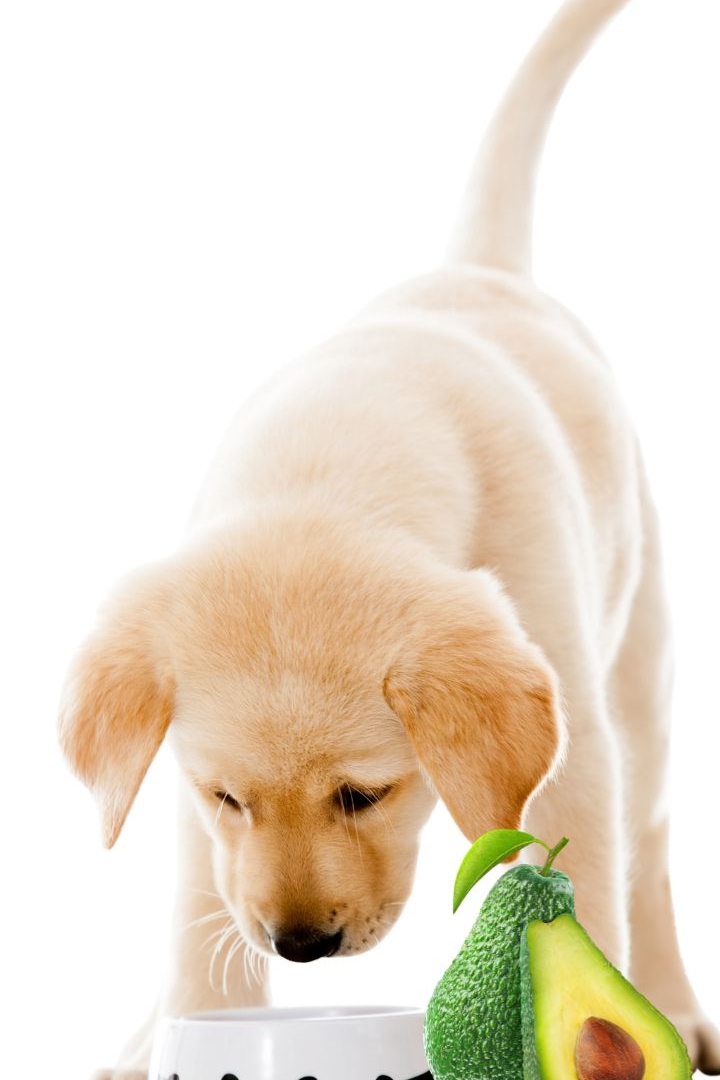

1. The Big Question: Can Dogs Eat Avocado?
Understanding the risks and benefits of avocados for dogs.
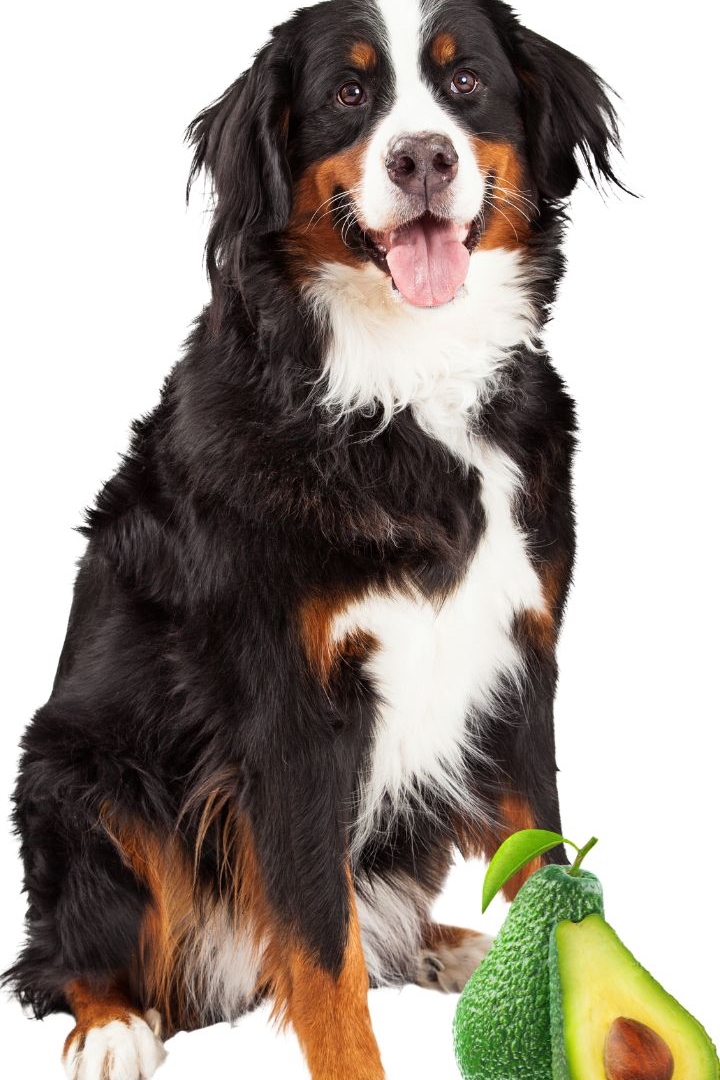

2. Avocado Flesh: Moderation is Key
The avocado flesh is generally safe but should be given sparingly.
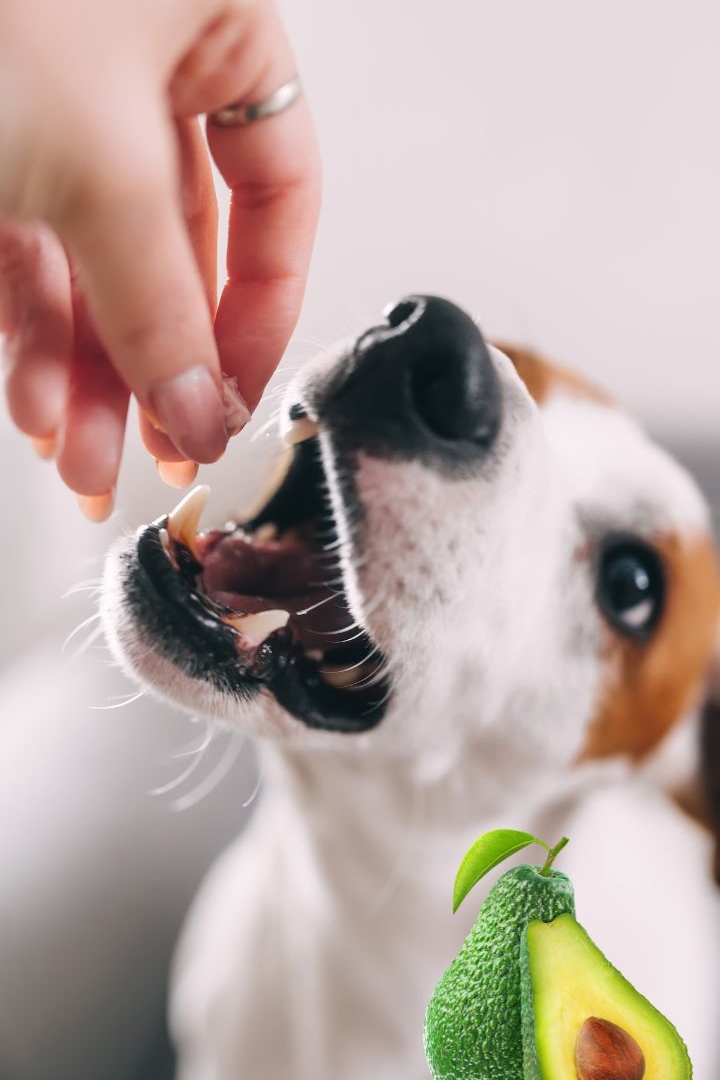
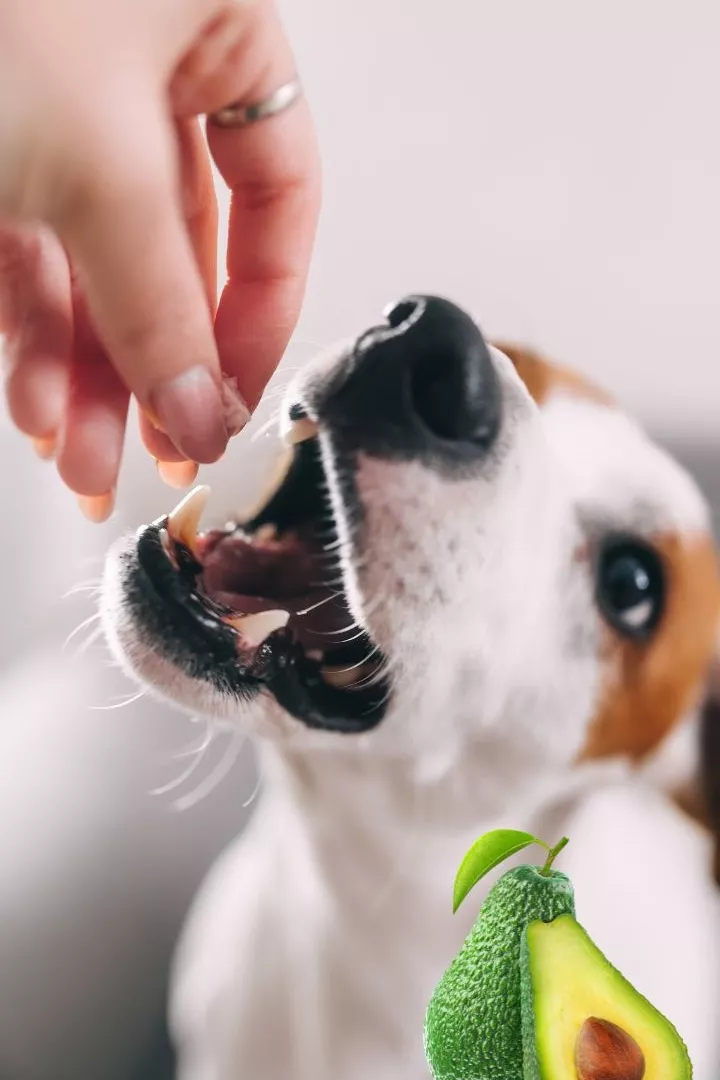
3. The Dangerous Parts: Pit, Skin, and Leaves
Avoid feeding dogs the pit, skin, and leaves of the avocado.
4.. Signs of Avocado Toxicity in Dogs
Recognizing symptoms of avocado toxicity in your dog.
5. Nutritional Benefits of Avocado for Dogs
Potential health benefits of avocado flesh for dogs.
6. Safe Ways to Offer Avocado to Dogs
How to safely introduce avocado into your dog's diet.
7. Alternatives to Avocado for Dogs
Healthier and safer food options for dogs.
8. Veterinary Advice on Avocado Consumption
Consult your vet before introducing avocado to your dog.
9. Common Myths About Avocado and Dogs
Debunking myths about dogs and avocado safety.
10. Emergency Response
Steps to take if your dog accidentally consumes avocado.
Other stories
Check out the other stories from The Happy Puppers.
The Blog
Check out the blog, The Happy Puppers
Many dog owners wonder if avocados are safe for their pets. While the flesh of the avocado is not highly toxic, certain parts of the fruit can pose serious health risks to dogs.
The flesh of an avocado is not toxic to dogs and can even provide some nutritional benefits like healthy fats and vitamins. However, due to its high-fat content, it should be given in small amounts to avoid gastrointestinal upset and pancreatitis.
The avocado pit, skin, and leaves contain persin, a fungicidal toxin that can be harmful to dogs. Ingestion of these parts can lead to symptoms such as vomiting, diarrhea, and, in severe cases, more serious health issues.
If a dog consumes toxic parts of an avocado, they might show signs like vomiting, diarrhea, abdominal pain, difficulty breathing, or even pancreatitis. Immediate veterinary care is recommended if any of these symptoms occur.
In small quantities, avocado flesh can offer health benefits for dogs, including improved coat health and a boost in vitamins such as A, B6, and E. However, the risks often outweigh these benefits, so caution is advised.
If you decide to give your dog avocado, ensure that it is in small, controlled portions and that only the flesh is offered. Always monitor your dog for any adverse reactions when introducing new foods into their diet.
Instead of avocado, consider safer fruits and vegetables like carrots, apples (without seeds), blueberries, or pumpkin. These options provide essential nutrients without the risk associated with avocados.
Always seek professional advice from your veterinarian before adding new foods like avocado to your dog's diet. Your vet can provide personalized recommendations based on your dog's specific health needs and dietary restrictions.
Some believe that avocados are completely safe for dogs, while others think they are entirely toxic. The truth lies in moderation and understanding which parts of the avocado are safe. Educate yourself to make informed decisions.
If your dog ingests parts of the avocado that are potentially harmful, such as the pit or skin, contact your veterinarian immediately. Keep an eye on your dog for any signs of distress and provide all necessary information to the vet to ensure timely and effective treatment.